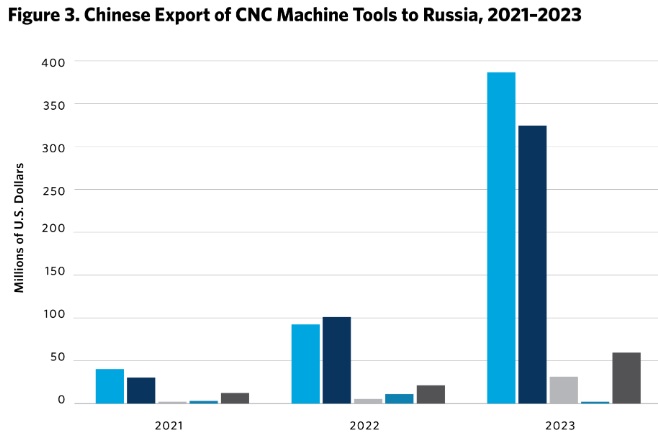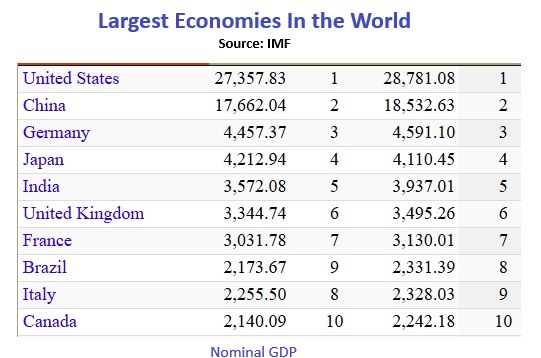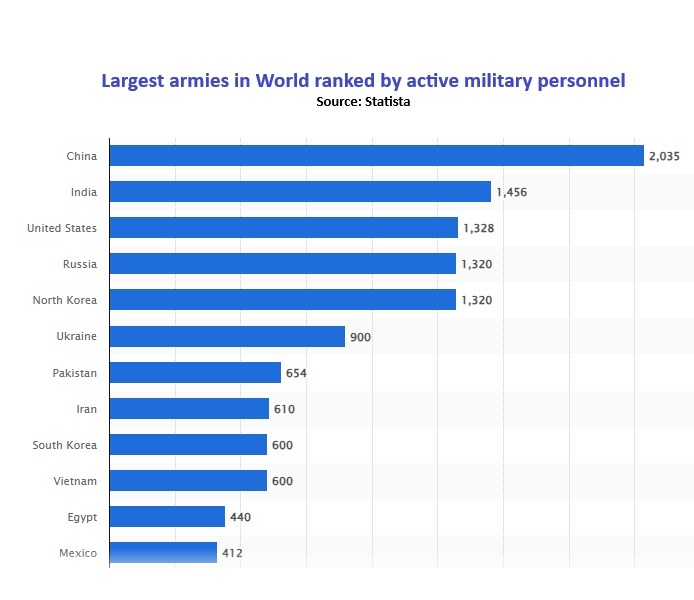There is a rhythm to life, a cyclical nature to the world, that we all bob and weave to. Here in Seattle it is the time for raking leaves, the gold, red and orange falling to the ground each day slowly and then all at once. We have adjusted our routine so we no longer wait to rake until all the leaves have floated to the ground but instead each day or every other day, we sweep up here and there to keep ahead of the deluge. It is easier on our back that way and works better to keep the porch free of nature’s litter. Of course, this sound strategy can be confounded if a storm stomps in and tosses leaves, branches and more, wreaking havoc in our environment.
Even the soundest strategy is overcome by the torrents of our time. We are mostly an optimistic person nowadays, an optimism we came to later in life rather than like most, in their youth. We’ve been told that the natural progression is to become more conservative and crotchety with age but we spilt our cantankerousness in our youth and saw our cynicism crushed under the chisel of experience. Perhaps we have gone about it all backwards. But even we can see, in the midst of remarkable progress throughout the world, dark clouds and hear the clap of not so distant thunder. At a lunch this week, we were told by a UN commissioner on Refugees that the number of refugees has doubled this decade. As we have noted in this space more than once, authoritarianism is on the march, propagating its misery loves company ethos. Threats loom from multiple directions with the possibility of all merging into catastrophe.
So this week, if you might excuse us a late October moment of worry, we present three areas for concern, threats that even the optimistic should not take lightly, that we must consider as we make decisions here in America in the coming days and around the world in the coming months and years. But of course even behind dark clouds and thunder lies the sun, ready to gleam again, visible and available, if we only reach for it, as the world cycles and circles relentlessly. It’s this week’s International Need to Know, philosophical about international information, grabbing onto global data like a lifeboat to shore.
Without further ado, here’s what you need to know.
Russia Onslaught, Allies Retreat
The Russian invasion of Ukraine, a sovereign country, that had voted for its own leadership through democratic means, is now almost three years old. There are signs that those allied with Ukraine are tired and ready to give up the fight. In fact, Zelensky himself recently said partners when in private increasingly use the word “negotiation.” This includes the Biden administration which has throughout the war been slow about providing weapons Ukraine says it needs to win the war, such as longer range missiles. We understand the Biden administration’s concerns—they don’t want to risk nuclear conflict with Russia—even if so far those fears have proven overblown. We are not sympathetic to a weakening of support by Ukraine’s American and European allies. Three years can seem like a long time and we get we are in an era of short attention spans. But the precedent of allowing one country to invade and take over another country, especially when that country is Russia, which is in cahoots with China and others to corrupt the old liberal world order (now about as dead as Marley’s doornail), is particularly dangerous. And Russia’s allies are not so short-sighted. Last week came news that North Korea sent troops to aid Russia (at first pooh-poohed by U.S. administration sources). And China continues to arm Russia. Iran has sent drones, missiles and other military supplies to Russia. Ukraine, as Zelensky has smartly said, is at the front of the new battle between authoritarianism and democracy. But we can see the relentless consolidation of the mainstream foreign policy establishment, here in the U.S. and in certain parts of Europe, towards forcing Ukraine to negotiate. But to what end? Perhaps allies save some money and attention span—in the short run—but for Ukraine it would be a suicide pact. Rather than bemoan three years, better to find ways to help Ukraine win. The alternative will bring more war and more problems, not less.
In The Future, Everyone Will Be Armed for 15 Minutes
We are almost finished writing a novel about the end of the world. Believe it or not, it’s a comedy. But the novel starts out with these three quotes (Floyd Waterson is the protagonist of the novel)
- The minimum IQ required to destroy the world drops by one point every 18 months.—Moore’s Law of Mad Scientists, attributed to Eliezer Yudkowsky
- Of all the enemies to public liberty war is, perhaps, the most to be dreaded, because it comprises and develops the germs of every other…No nation could preserve its freedom in the midst of continual war.—James Madison
- We’re frickin doomed!—Floyd Waterson
In one of our earliest posts of International Need to Know we warned about drones. The ability to kill someone has become much easier and much more accessible. And, of course, as the recent Nobel Peace Prize to a group of atomic bomb survivors reminded, nuclear war still threatens humankind. Indeed as we wrote above, fear of nuclear war drives our cautious policy with Ukraine. And authoritarians governments, and the authoritarian instinct, are a menace all over the globe, including here in the United States where we call home. It appears more and more countries, groups and even individuals will have access to more and more powerful weapons. With the death of the post-Cold War liberal world order, these countries, groups and people will operate in a far wilder world. We appear to be at a pivot point in the world. It is easy to be overwhelmed with worry and concern in such times. But it’s also important to remember that we have traversed such times before, and come out better. The world has, with many painful and horrific jags, been on a 150-year winning streak, where more and more people live better lives. Hard decisions await, and we must decide carefully what we do with our time, but this is no time to lose hope.
China Corner: China Uber Alles
Meanwhile China basks in “changes unseen in a century,” diligently working to export more and import less, to make every strategic product and component it can, so as to theoretically make its economy impervious to sanctions and to be able to control the supply chain for war. At the same time, as mentioned above, it supplies Russia’s war against a democracy, asserts itself evermore in the South China Sea, threatens Taiwan and works, with its Russian, North Korean and Iranian allies to remold the once liberal international order into one that makes the world safe for authoritarianism. And the Chinese government clamps down ever more harshly on its people to ensure what it sees as the perpetual power machine of the Chinese Communist Party. Rather than allying against this challenge, countries such as Germany, work to preserve an out-of-date economic model of helping its auto companies sell into the large Chinese market. But a market, no matter the number of consumers, is not large if it is essentially closed. The Biden administration, once tough on China, now a lame duck, increasingly works to soften policy. But China’s economy is in a new slow growth era. Xi is 70, and nothing, not even the Chinese Communist Party, is forever. If we are strategic and smart, China’s internal contradictions will clog its gears before it runs over too much of the world.





